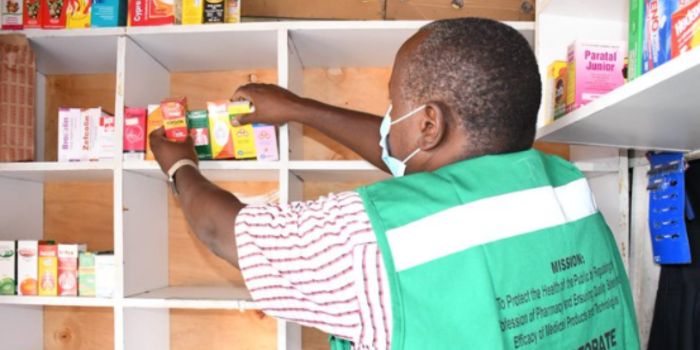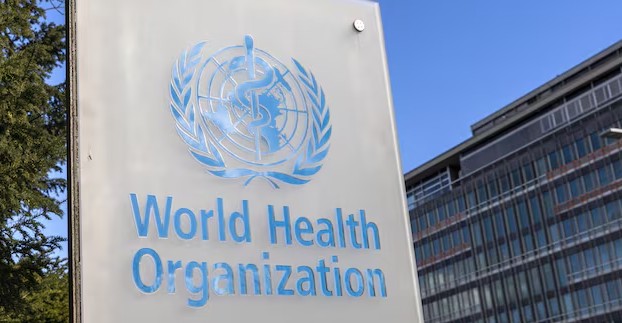State fights fake drugs with advanced on-site screening tools

The PPB directed pharmaceutical outlets and health facilities to withhold the affected batch pending further investigations.
The government has introduced advanced technology to enhance the fight against substandard and falsified medicines.
On Wednesday, the Pharmacy and Poisons Board (PPB) announced the implementation of Near Infrared Technology (NIR), branded as Pillscan, to strengthen quality control systems in the pharmaceutical sector.
More To Read
- African nations pledge to boost local manufacturing of medical products
- Kenya leads push for stronger regulation of medicines, vaccines in Africa
- KMPDC launches 2026 licence renewal for doctors, health facilities
- Pharmacy and Poisons Board flags falsified batch of Avastin (Bevacizumab 100 mg)
- Pharmacy board dismisses claims of medicine import ban, says drug supply uninterrupted
- Drug shortage fears mount as distributors push for reinstatement of 21,000 blocked medicines
According to the PPB, the cutting-edge technology, acquired from Global Health Labs in the United States with the support of the Global Fund, will ensure the safety, quality, and efficacy of medicines in collaboration with Missions for Essential Drugs and Supplies (MEDS).
"Acquired from Global Health Labs USA with support from the Global Fund, this cutting-edge technology is set to enhance PPB’s quality control systems by detecting substandard and falsified medical products, thereby ensuring the safety, quality, and effectiveness of medicines," the Board said.
Implementation began on Monday, December 9, at the PPB headquarters, involving retraining of staff, equipment qualification, and the creation of a comprehensive library to support the technology’s operation.
Software engineers from Global Health Labs oversaw the training to ensure effective use of the system.
The development follows a recent directive by the board to quarantine a cancer drug, Flurasted 500 (5-Fluorouracil) Injection, Batch No. HHP24017, after complaints about the drug's content.
The PPB directed pharmaceutical outlets and health facilities to withhold the affected batch pending further investigations.
The Pillscan technology uses Near Infrared Technology to measure light bouncing off drug samples.
This method determines the material properties of a drug without altering the sample. It enables swift on-site screening, a significant improvement from the previous system where drug samples were randomly collected and sent to the National Quality Control Laboratory for testing.
The NIR technology was first introduced in Kenya in July 2024, alongside a reporting system for suspected poor-quality medicines and adverse drug reactions.
Its introduction comes amid heightened concerns about the quality of drugs in the country.
Pharmaceutical practitioners dealing in counterfeit drugs now face strict penalties, including lengthy suspensions for professional misconduct.
Top Stories Today


















































